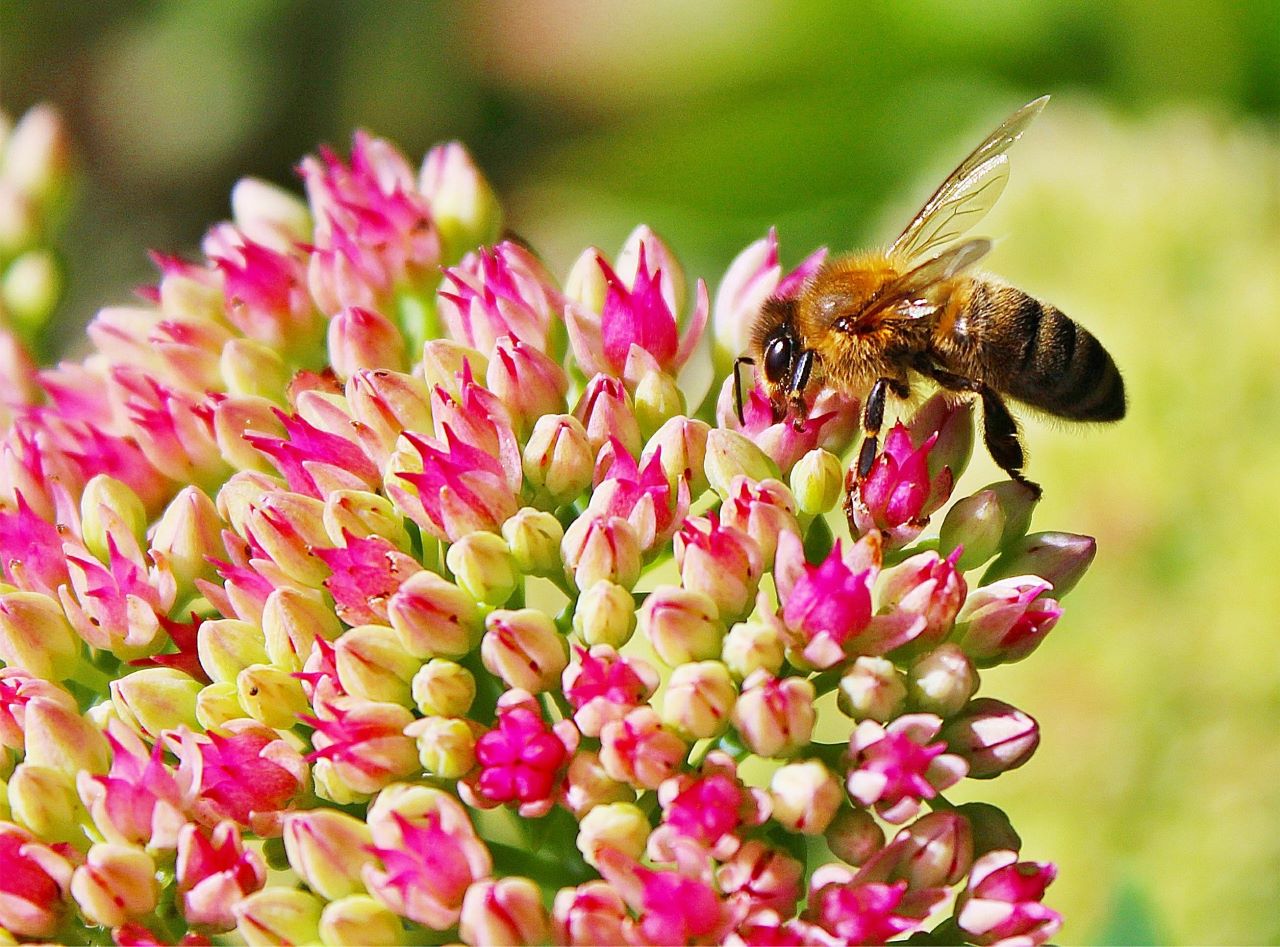Attract Pollinators to Your Garden

Growing Medicinal Herbs in Containers: Tips & Tricks
Ever wished you could grow your own healing herbs but felt limited by space? Well, guess what? You can! Growing medicinal herbs in containers is not only possible but also incredibly rewarding. Let's dive into this therapeutic hobby and transform your small space into a lush container herb garden.
Why Grow Medicinal Herbs in Containers?
Container gardening is like having a tiny, portable farm. It's perfect for small space gardening, allowing you to grow your own medicinal plants even if you live in an apartment. Plus, containers can be moved around to maximize sunlight or protect your herbs from harsh weather.
Best Medicinal Herbs for Container Gardening
There are countless healing herbs that thrive in containers. Here are a few to get you started:
- Aloe Vera: Known for soothing burns and skin irritations. Loves sun and well-draining soil.
- Peppermint: Great for digestion and freshening breath. Grows well in partial shade.
- Lavender: Promotes relaxation and sleep. Loves full sun and well-draining soil.
- Basil: Antibacterial and anti-inflammatory. Perfect for culinary use too.
Choosing the Right Container
The right container can make all the difference. Terracotta pots are breathable and great for herbs that love dry soil. Plastic pots retain moisture, perfect for thirsty plants. Ensure your container has good drainage to prevent root rot.
Soil Matters
Don't skimp on soil. High-quality potting mix, rich in organic matter, will give your herb cultivation a boost. You can even mix in some compost for extra nutrients.
Light Requirements
Most medicinal plants need plenty of light. Aim for at least 6 hours of sunlight daily. If your space is low on light, consider herbs like lemon balm or parsley, which tolerate shade.
Watering Your Container Herb Garden
Watering is a balancing act. Too much, and you'll drown your herbs. Too little, and they'll dry out. Aim for consistently moist (but not waterlogged) soil. Stick your finger in the soil; if it's dry up to your knuckle, it's time to water.
Feeding Your Herbs
Herbs grown in containers need regular feeding since nutrients leach out faster. Use a balanced, water-soluble fertilizer every 4-6 weeks during the growing season.
Harvesting and Using Your Medicinal Herbs
Harvesting is the fun part! Pick leaves just before the plant flowers for peak potency. Use them fresh, dry them for later, or infuse them in oils and teas.
Troubleshooting Common Problems
- Yellowing leaves: Could be overwatering or lack of nutrients.
- Wilting: Probably needs water or more sun.
- Pests: Treat with organic insecticidal soap.
Designing Your Container Herb Garden
Get creative with your container garden design. Group pots by theme (e.g., tea herbs, culinary herbs) or color. Vary height and texture for visual interest.
Expanding Your Container Garden
Once you've mastered the basics, why not branch out? Try growing edible flowers or experiment with unusual medicinal herbs like ashwagandha or gotu kola.
Benefits Beyond Medicine
Growing medicinal herbs isn't just about healing. It's also about connecting with nature, reducing stress, and even improving air quality. Plus, you'll have a constant supply of fresh herbs for cooking!
Getting Started
Ready to dive in? Check out this guide on growing herbs in containers for more tips and inspiration.
Conclusion
Growing medicinal herbs in containers is more than just a hobby; it's a journey towards self-sufficiency and wellness. With a little care and creativity, your small space can become a thriving oasis of healing greenery. So, what are you waiting for? Get planting!
FAQs
Q: Can I grow medicinal herbs indoors? A: Yes! Many herbs thrive indoors with proper light and care.
Q: How often should I repot my herbs? A: Repot when roots start to show at the drainage holes, usually every 1-2 years.
Q: Can I grow herbs from seeds? A: Absolutely. Some herbs, like basil, are very easy to grow from seed.
Q: How do I dry herbs? A: Bundle and hang them upside down in a cool, dark place until crisp.
Q: Are there any poisonous medicinal herbs? A: Yes, some can be toxic if misused. Always research and use herbs responsibly.
0 Response to " Attract Pollinators to Your Garden"
Post a Comment